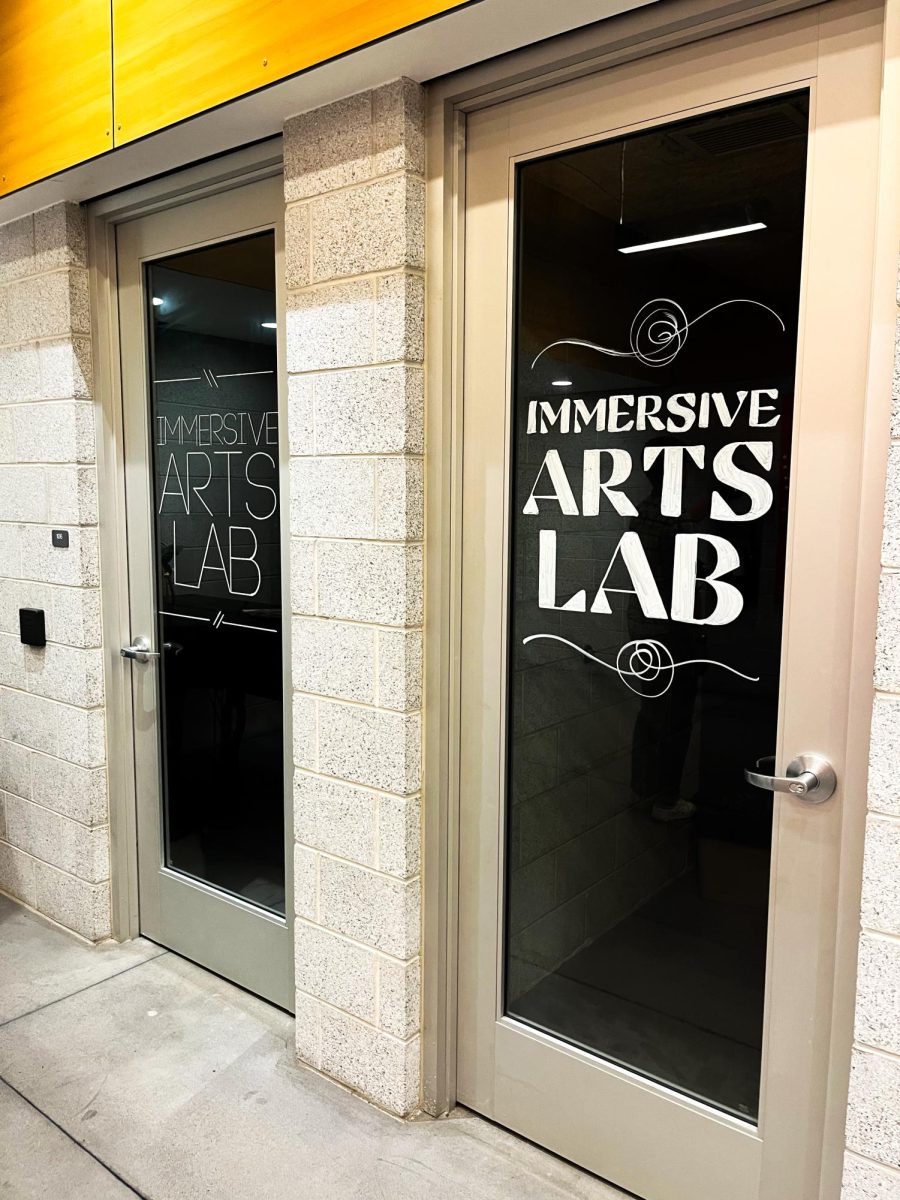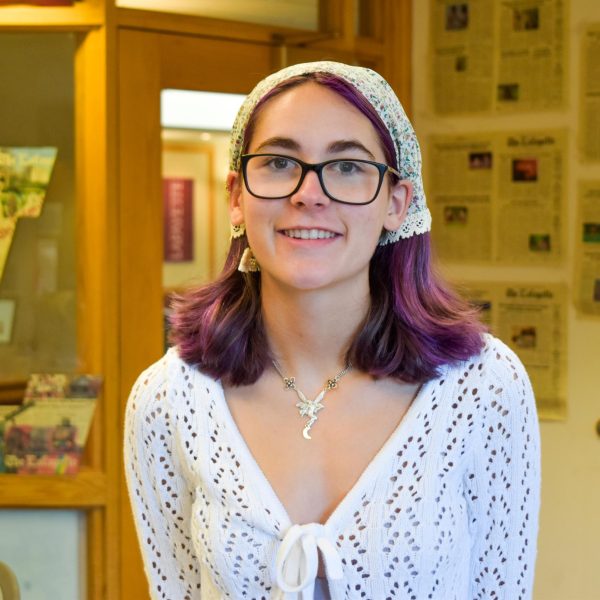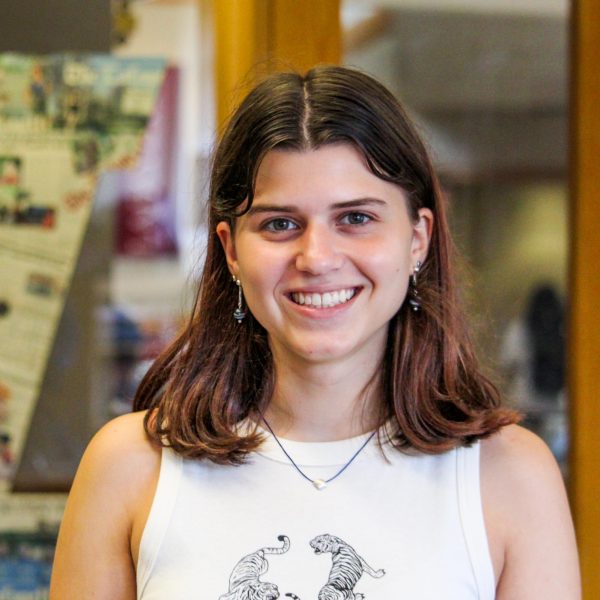Attention gamers! A virtual reality lab is debuting on campus thanks to a $500,000 grant from the Sherman Fairchild Foundation.
The main goal of the Immersive Arts Lab, a computer-filled space at 248 N. Third Street, is to increase the accessibility of virtual reality. The project was created by film and media studies professor Katherine Groo and theater professor Alex Owens.
To Groo, the lab is important for students because it fosters curiosity for virtual reality without needing to be of a certain technological background.
“It will hopefully be an inclusive space for students to learn about the very wide spectrum of immersive video games and VR experiences that are out there without having to know anything about these tools in advance,” Groo said.
While she is a film scholar by trade, Groo’s idea for the virtual reality lab was born out of her interest in contemporary gaming and the discourse around it.
“It just seemed like there was this kind of myth that a lot of students are gaming and they just aren’t,” Groo said. “I think the kind of equipment that is required is very expensive and there’s also a culture around gaming that excludes a lot of people and makes it something that a lot of students don’t feel like it’s for them.”
After her initial research, Groo reached out to Owens with the knowledge that similar technological advancements are happening in theater.
“There’s a lot of [augmented reality] and VR tools that are being used in theater, but also a lot of gamification of theater, audience participation, interaction and lots of interesting new kinds of production projects,” Groo said.
The pair went on a number of research trips to see other immersive art centers at big universities in the area such as the University of the Arts and Drexel University in Philadelphia.
“We took a lot of lessons away from that experience,” Groo said. “We’re trying to make it as open and user-friendly as possible.”
Groo and Owens hope to offer similar experiences of curiosity to faculty and staff.
“We have small grant applications so faculty and staff can submit proposals if they want to develop a new course and use some of this technology,” Groo said.
“We hope to build bridges to engineering, computer science, economics and beyond,” Owens said. “We hope to highlight the power art has to change minds, envision different futures and build bridges of communication and collaboration.”
The new space will eventually be joined by a new electronic music studio and a digital imaging studio also funded by the grant.
The Immersive Arts Lab will have an open-house game night at 248 N. Third St. next Wednesday from 6 p.m. to 9 p.m.
























































































































